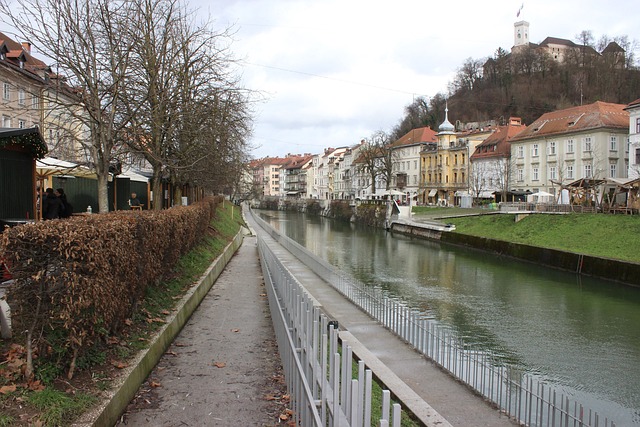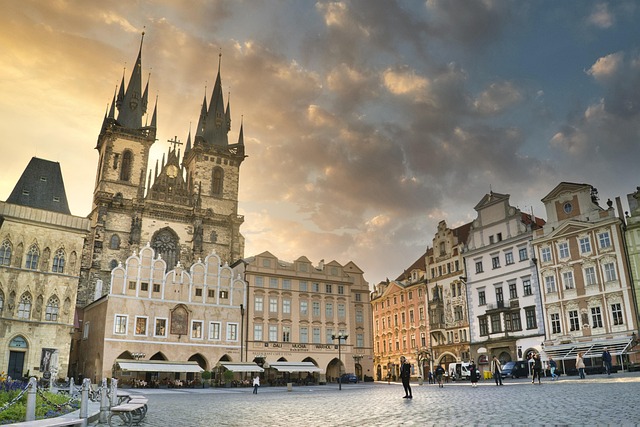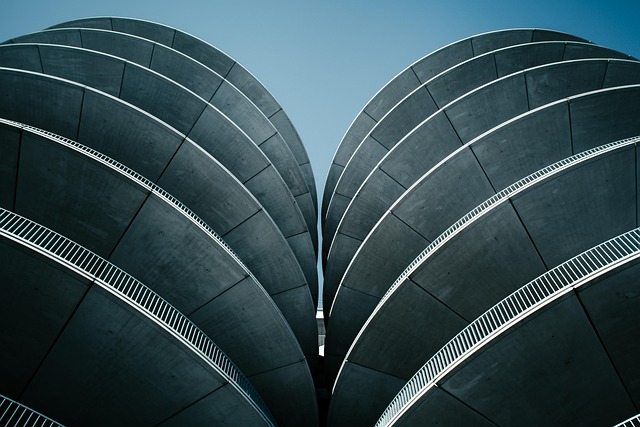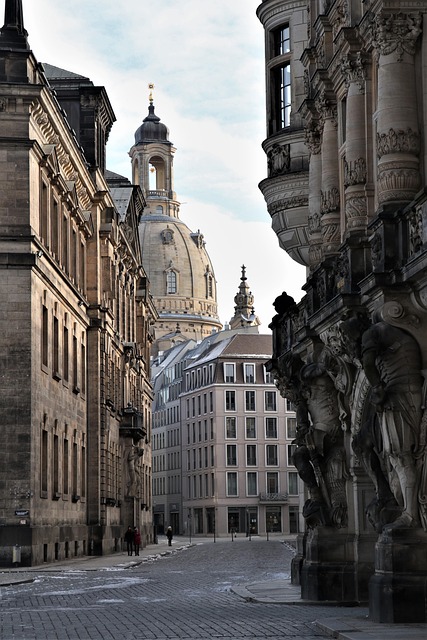Karachi's recycling ecosystem is a complex mix of traditional and modern waste management methods driven by rapid urbanization, with informal local centers and government initiatives coexisting. Amil Colony, a vibrant community, has taken significant steps towards sustainable waste management by establishing recycling centers that reduce landfill waste and promote a circular economy. Visiting these centers allows residents to actively engage in sustainable practices, directly contributing to keeping Karachi cleaner and greener while gaining insight into the circular economy.
“Karachi, Pakistan’s vibrant metropolis, presents a unique challenge and opportunity when it comes to waste management. In this article, we explore the city’s recycling ecosystem, focusing on the pivotal role of Amil Colony—a hub for sustainable practices. Discover how local recycling centers contribute to a greener Karachi. From understanding the current landscape to experiencing the hustle and bustle of these facilities, we guide you through a journey that highlights the importance of individual contributions in shaping a more eco-conscious future for the city.”
- Understanding Karachi's Recycling Ecosystem
- The Role of Amil Colony in Waste Management
- Visiting and Contributing to Recycling Centers in Karachi
Understanding Karachi's Recycling Ecosystem

Karachi, as Pakistan’s financial hub and one of the most populous cities in the country, presents a unique challenge and opportunity when it comes to its recycling ecosystem. The city’s diverse demographics and rapid urbanization have led to a significant increase in waste generation, making efficient waste management and recycling crucial for its sustainable future. Understanding this complex web involves recognizing the various components that contribute to Karachi’s recycling landscape.
From informal recycling centers operated by local communities to government-initiated programs aimed at promoting eco-friendly practices, Karachi’s recycling ecosystem is a dynamic blend of traditional methods and modern innovations. The city’s geographic location also plays a role, as it acts as a trading hub, influencing the types of materials that enter the recycling stream. This diverse mix requires a tailored approach to recycling, ensuring that efforts are not just effective but also environmentally friendly and economically viable for all stakeholders involved.
The Role of Amil Colony in Waste Management

Amil Colony, a vibrant community in Karachi, has taken significant steps towards sustainable waste management by establishing recycling centers. These centers play a pivotal role in transforming the city’s waste landscape. By implementing comprehensive recycling programs, Amil Colony residents are actively contributing to reducing the environmental impact of waste disposal.
The presence of these recycling facilities enables efficient segregation and processing of recyclable materials, diverting them from landfills. This initiative not only promotes a circular economy but also fosters a culture of environmental responsibility among the community. Through such efforts, Amil Colony is setting an example for eco-conscious practices, inspiring other areas in Karachi to adopt similar sustainable waste management strategies.
Visiting and Contributing to Recycling Centers in Karachi

Visiting a recycling center, like those found in Karachi’s Amil Colony, offers an insightful opportunity for residents and visitors alike to actively participate in sustainable practices. These centers play a vital role in managing waste, converting it into valuable resources, and mitigating environmental impact. By contributing to their efforts, individuals can make a direct difference in keeping Karachi cleaner and greener.
Karachi’s recycling community is a vibrant example of local initiative, where residents collaborate to sort, process, and recycle diverse materials such as plastic, paper, glass, and metal. Visiting these centers encourages awareness about the circular economy and fosters a sense of collective responsibility for the environment. It’s an educational experience that demonstrates how small actions can lead to significant positive changes in our urban landscapes.
Karachi’s recycling centers, like Amil Colony, play a pivotal role in managing and transforming the city’s waste. By visiting and contributing to these facilities, residents can actively participate in creating a sustainable future for their beloved metropolis. Understanding the intricate web of Karachi’s recycling ecosystem empowers us to make informed choices and support initiatives that make a tangible difference. Let’s continue fostering this vital practice to ensure a cleaner, greener Karachi for generations to come.





Leave a Reply
You must be logged in to post a comment.